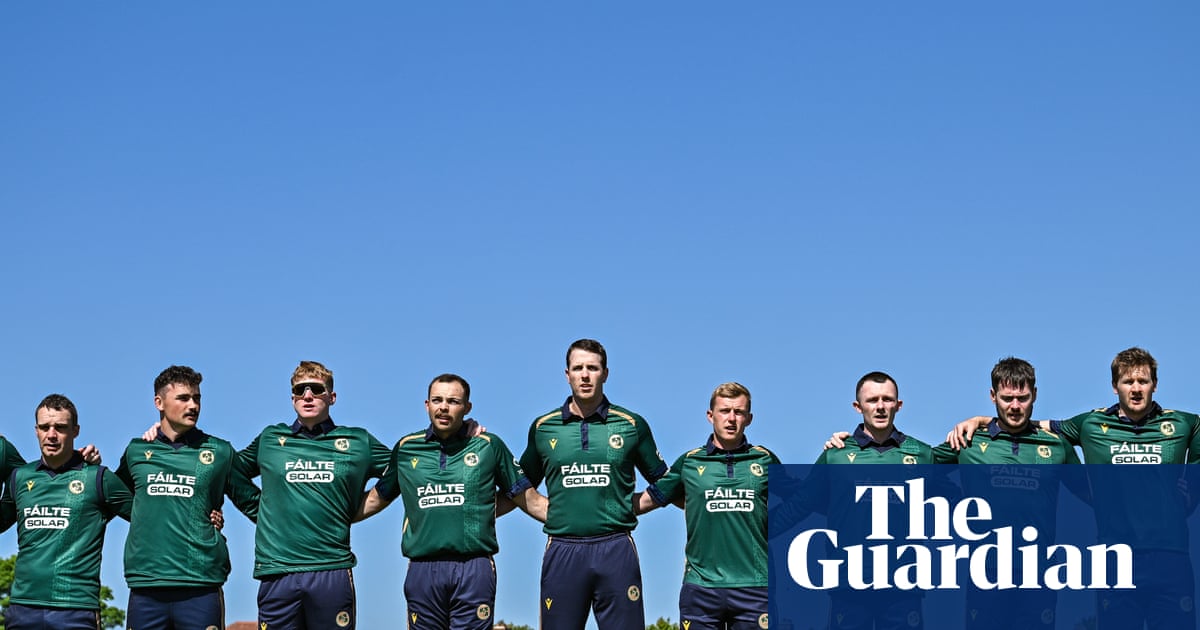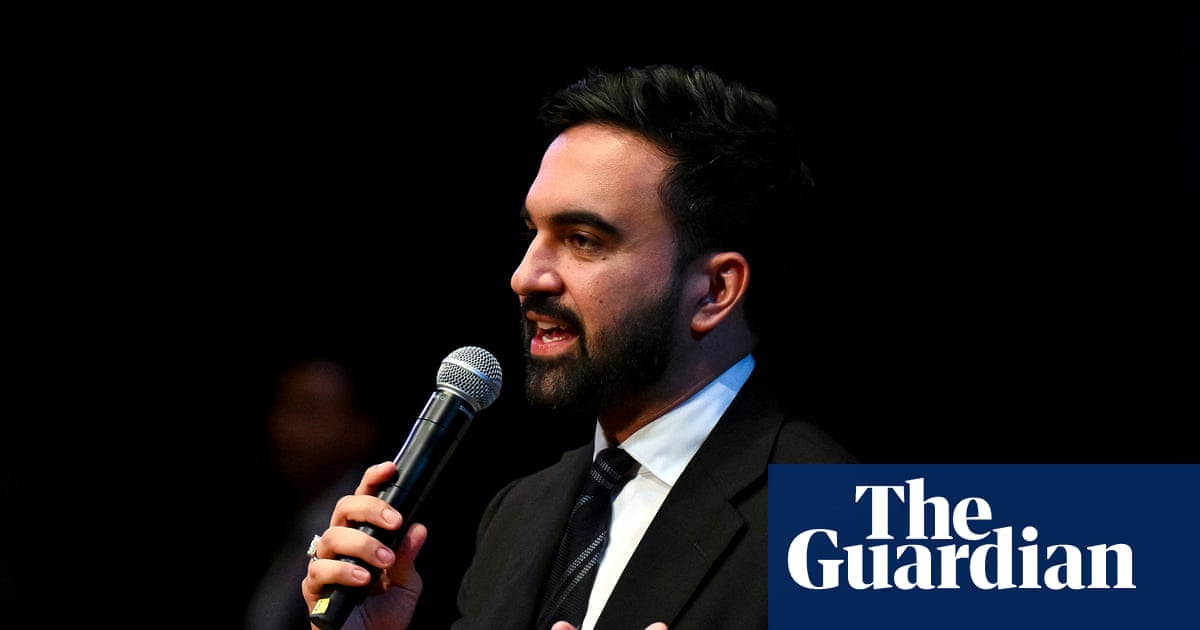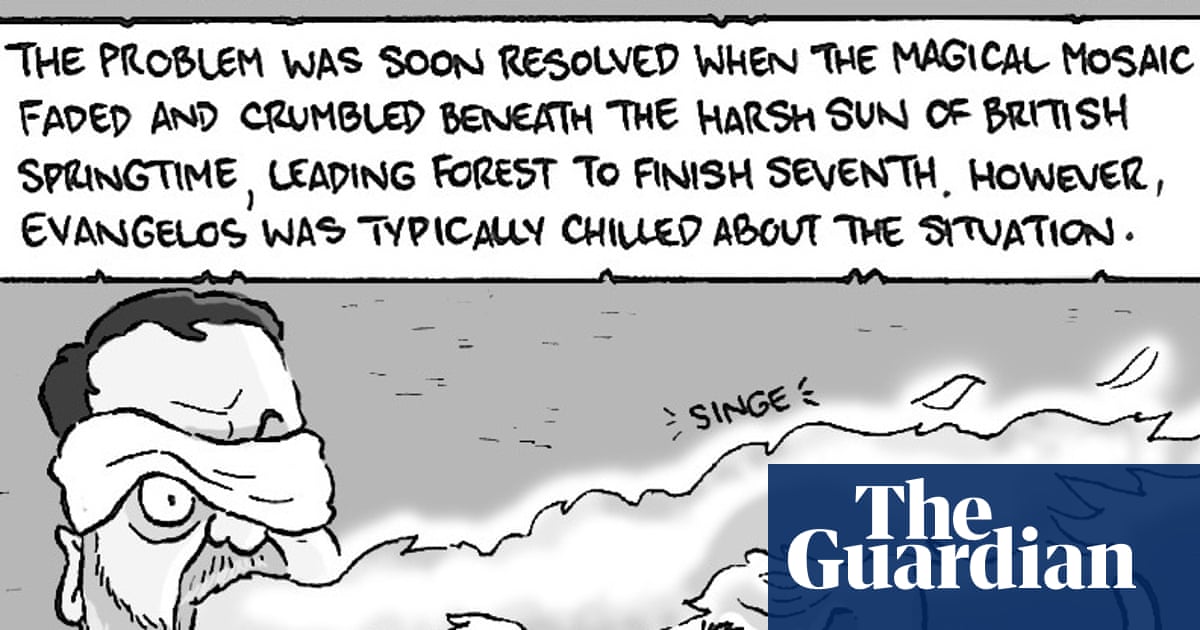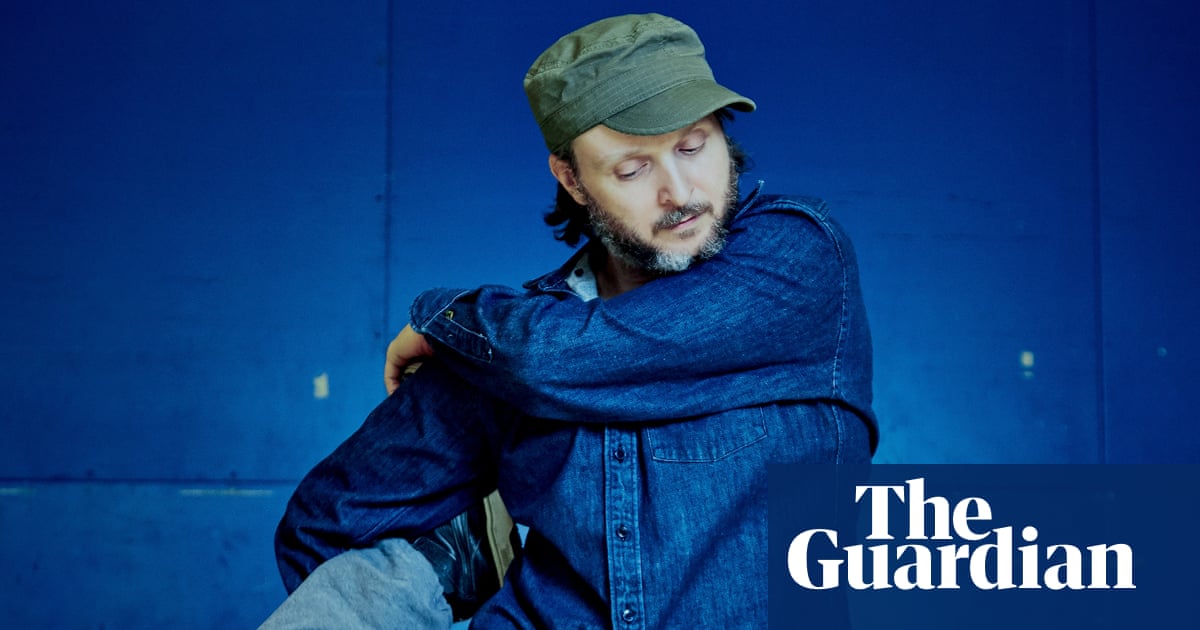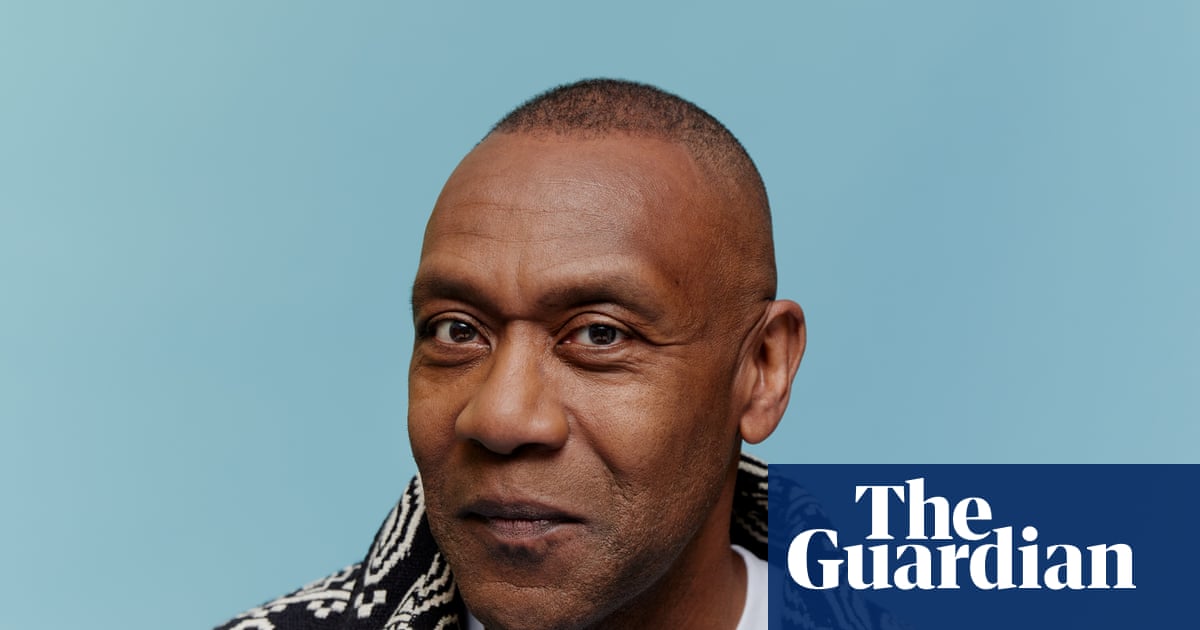Friendship is a nightmare – especially if you’re a guy.
The new film, starring Tim Robinson and Paul Rudd, follows middle-aged Craig (Robinson), who spends every night sitting alone, in the same chair, until he makes friends with his neighbor Austin (Rudd). But their joint adventures end in a friendship breakup, essentially because Craig is too weird. (Warning: mild spoilers ahead.)
After losing his only pal, Craig becomes obsessed with him, and the film becomes a sort of Fatal Attraction for male friendship. Craig will stop at nothing, including violent crime, to restore the connection he briefly felt with Austin, or at least get revenge on him.
It’s all very funny – and, at least for this man, delightfully hard to watch. Craig worships Austin, who’s on TV, plays in a very loud band and knows secret passageways through the local sewer. But, as is Robinson’s trademark, Craig can barely function socially himself. He panics when the two hang out, constantly says the wrong thing, embarrasses himself on a guys’ night, and accidentally injures Austin and damages his home.
As the comedian Eddy Burback put it, the movie is “a true horror about how devastating it is to be a dude who can’t hang”.
This, of course, applies whatever your gender. But here, the masculine rituals felt brutally resonant, dredging up buried feelings stretching from summer camp to bachelor parties: the moment when Craig can’t quite scramble up a ledge and needs Austin’s help; his total ineptitude at boxing; his belief that buying a drum set or showing the guys a tiny dagger he owns will somehow win their respect.
Friendship comes amid what’s been described as a “friendship recession” among men. In 1990, 55% of men said they had at least six close friends; in 2021, the figure was 27%, and one in seven men said they had none. Researchers such as Richard Reeves have pointed to a huge gap between men and women when it comes to emotionally supportive friendships and the ability to share feelings. The film’s tagline plays on this much-discussed phenomenon: “Men shouldn’t have friends.”
So what do real-life men think of all this? I recently consulted a few after a screening of Friendship at the Vista Theater in Los Angeles, owned by noted man Quentin Tarantino. Perhaps unsurprisingly in a city that loves movies and feelings, the screening was packed on a Sunday afternoon. The crowd was fairly homogeneous in terms of age – mostly thirtysomethings – but mixed in terms of gender. The film, directed by Andrew DeYoung, generated plenty of conversation, as evidenced by the lingering crowd under the marquee afterwards.
Jesse Amorratanasuchad, 38, said Friendship matched his experience of male friendship “to the Nth degree”. His male friend, Travis Francis, 30, felt similarly.
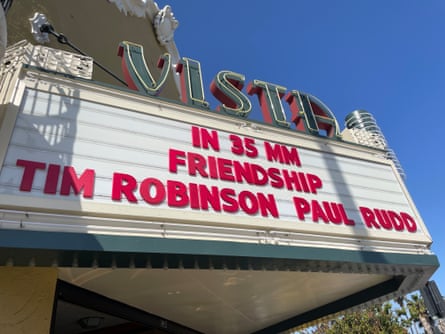
“I think everybody wants to have other men in their lives,” Amorratanasuchad said, but it can be difficult. He and his wife, Emily Pando, 35, have been reflecting on the issue recently, particularly as they watch their nephews grow up. “It’s so difficult for men because they don’t have positive friendships and friend groups,” Pando said. “We were just talking about how amazing it is if somebody from gen Z or gen alpha makes it to a certain age without becoming an incel.”
In one of the film’s most memorable moments, Austin’s friends gather for a beer, sharing their troubles and offering one another support before spontaneously breaking into a rendition of Ghost Town DJ’s My Boo (“at night, I think of you/I want to be your lady, maybe”). It’s a fantasy of what friendship can be. “I took that moment of them singing as what it is like being in female friendships, or even like a girl bathroom, which guys never get to experience – gassing each other up,” Pando said.
Amorratanasuchad agreed: “You have to really muster up your courage to be like, ‘Yo, I like your outfit’ or ‘How are you actually feeling?’” Men speak a different language, Francis said: “You give them shit, and they give it back.”
It was particularly difficult to “break that barrier” with childhood friends, Amorratanasuchad said, but in a hopeful sign, friends he had met more recently were more able to “show up emotionally”. He and Francis had been friends for five years, apparently without resorting to felonies.
Devin Glass thought the film had a more specific type of friendship in mind. “I think it was about men trying to spark up friendships later in life, which is really awful,” he said. “I feel like the message of the movie is: don’t try and make friends as an older man.”
Glass is only 33 and appeared very socially competent, but still, “I related a lot.”
His friend Chris Jobson, 32, said the movie was a little too extreme to fully relate to; he said a different Paul Rudd movie, I Love You, Man, felt like a “more real” depiction of male friendship.
But their friend Spencer, 31, who preferred not to give his last name, didn’t buy the idea that the film had anything to do with its title. “That’s where it started, but I felt like it just evolved into a case study on psychosis,” he said. “I felt depressed half the time, and then just overwhelmed … I was so incredibly uncomfortable.”
I heard similar stories of discomfort from other men, and I felt the same – but for the opposite reason. We’ve seen plenty of cringe comedy in recent years, but this was particularly difficult to take, even as I laughed along. My theory: it’s because, as absurd as Tim Robinson’s character was, he remained almost believable. There was a sense that I have spent my life trying not to be this very man, that sometimes I’ve come too close, that someday my so-called friends will find out that I really am just a Craig, a fake, secretly confused by the ways of my species and my gender in particular.

 3 months ago
137
3 months ago
137









